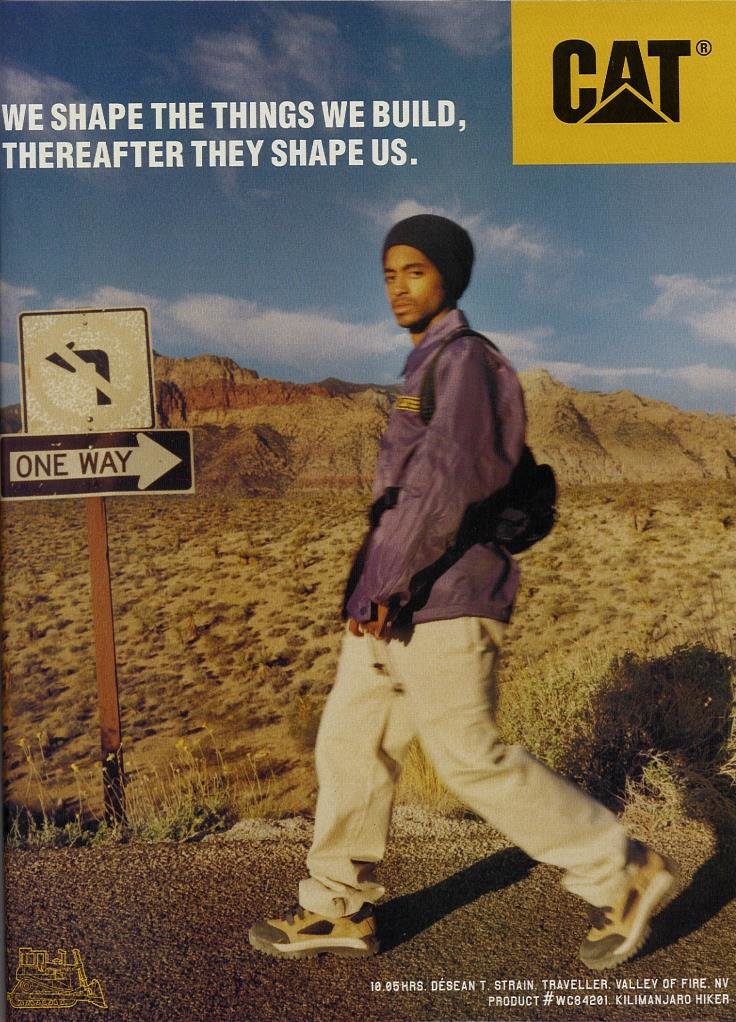An advertising crisis has erupted in Africa. Governments use advertising to spread their political agenda, but recently the government agreed to launch a free newspaper articulating their policy agenda.
Africa’s media freedom crisis has a new name: advertising. Governments use advertising to spread their political agenda. Still, in recent months, the government has withdrawn government ads from the commercial press and agreed to launch a free newspaper articulating their policy agenda. Similarly, in South Africa, the government’s communications arm has cancelled all African advertising in local newspapers. These measures have sparked a backlash among media freedom advocates, including African Union and Amnesty International.
Introduction – In Kenya, the government funds over 60% of all ad revenue.
In Kenya, government money accounts for more than 60% of advertising revenue. Consequently, government-owned newspapers receive more government funding than independent ones. This situation disadvantages independent press and increases the pressure on media outlets. In Tanzania, the ruling party maintains near-monopolistic control over ads in the media, in part to ensure it does not fall prey to bribery.
Despite the potential for self-censorship, people in business and politicians can stifle the free expression of information in the media. This is a big problem for the South Sudanese and Kenyan press, where government-run newspapers have been attacked. This is also a concern for the princely-rich Aga Khan, who owns 47 percent of Tanzania’s Nation Media Group.
Advertisement is still seen as a threat to media freedom.
Although an increasing number of African countries have liberal constitutions, some governments still see advertising as a weapon against media freedom. In Nigeria, for example, where state-owned media dominates most markets, a government-owned newspaper receives the majority of ad revenue. The fixed-line monopoly Telkom is widely regarded as impeding growth in many African countries, and mobile network operators are gaining ground in the internet market.
Another form of Black Advertising that African governments use against media freedom is the withdrawal of state advertisements from the media. Although this approach is difficult to characterise as punitive, it can help the government keep control of the media. This practice has also led to the emergence of ‘back-door soft censorship’ by the government to stifle critical coverage.
Uganda, the world’s largest funder of the press and a leading stifler of!
In Uganda, the advertising industry is the most prominent financial supporter of the press and a leading suppressor of media freedom. A recent case in Tanzania involves the blanket advertising strategy of a government’s election campaign. A government may try to limit advertising by placing full-page advertisements on newspapers’ front and back pages. Blanket ads in Tanzania have stifled the opposition’s political rally, but this has not stopped the ruling party.
The ‘third wave’ of democratization swept the continent in the early 1990s, and it has eroded the freedom of the press in many African countries. Nevertheless, it has also resulted in a robust independent press. For instance, South Africa’s media has a large advertising lobby. In addition to these companies, the government has an extensive list of government sponsors.
The attacks on Uganda’s news media are part of a broader trend across the continent. In Tanzania, government-owned newspapers dominate the market, while state-owned newspapers receive most government advertisement revenue. In Kenya, the ruling Chama Cha Mapinduzi party’s communications arm announced the suspension of local television stations covering the opposition leader’s ‘inauguration’ in January 2018. This trend is not exclusive to East Africa.
The use of advertising as a tool in Africa is a global problem.
In East Africa, state-owned newspapers dominate the market, and government-owned newspapers receive the lion’s share of government-funded advertisement revenue. The state-owned papers are often the only source of critical coverage, which can harm the economy. Therefore, it is crucial for African governments to monitor advertising and protect the freedom of the press.
The recent Ebola crisis in Sierra Leone has exacerbated the plight of journalists. The government’s use of advertising as a tool to restrict the media may have been an attempt to control the media. Advertising is an essential tool used by African governments to control the media. This policy aims to ensure that the government does not have access to information that is considered private.
Key point
In Africa, state-owned newspapers lead the market and receive most government advertisement revenue. In contrast, the state-owned newspapers are receiving only a small proportion of government advertisements. This means that the government can use African Advertising as a tool to discourage critical coverage.



















